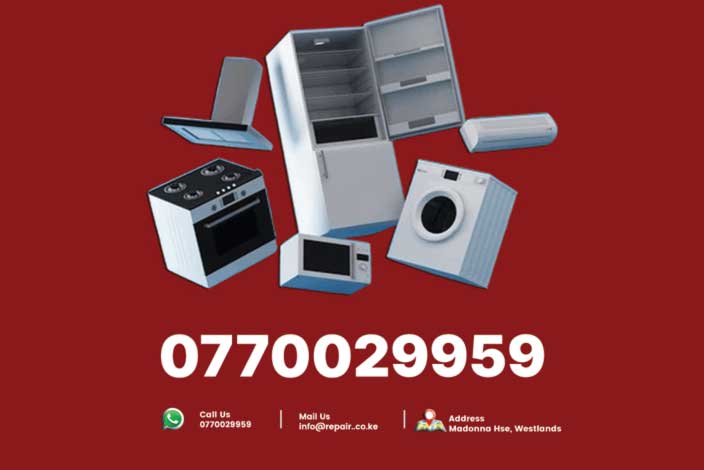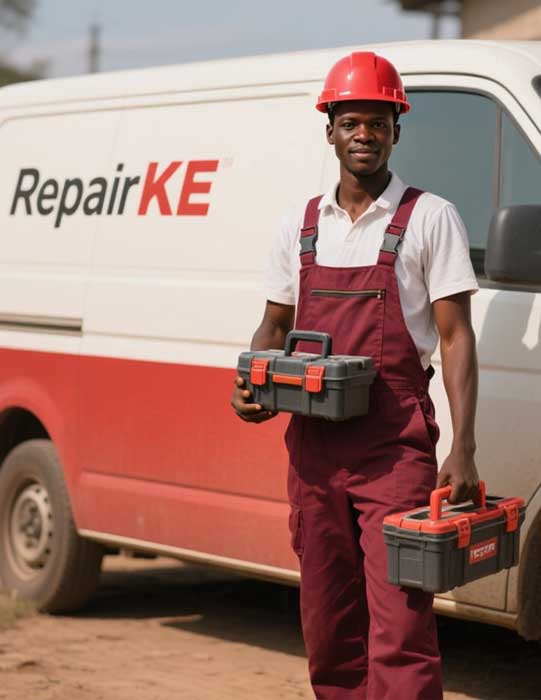Common Power Generator Faults, Errors, and Problems and Their Solutions
Power generators are critical for providing electricity during outages or in areas with unreliable power supply. However, like any mechanical system, generators are prone to faults, errors, and problems that can disrupt their operation. Understanding these issues and their solutions is essential for maintaining reliable performance. This article outlines the most common generator problems, their causes, and practical solutions, presented in a clear and structured format to assist owners and technicians.
"Regular maintenance can prevent up to 70% of generator failures, ensuring uninterrupted power when you need it most." – Generator Maintenance Expert
Common Generator Faults and Their Solutions
Generator issues range from minor operational errors to significant mechanical failures. Below is a detailed overview of frequent problems, their causes, and recommended solutions.
Failure to Start
Description: The generator does not start when activated, often accompanied by no cranking sound or response.
Causes: Dead battery, faulty starter motor, low fuel, or clogged fuel lines.
Solution:
- Check and recharge or replace the battery.
- Inspect the starter motor and repair or replace if defective.
- Ensure adequate fuel levels and clean or replace clogged fuel filters.
- Verify the fuel pump is operational.
Low Power Output
Description: The generator runs but produces insufficient power to meet load demands.
Causes: Overloading, worn engine components, or faulty alternator.
Solution:
- Reduce the connected load to match the generator’s capacity.
- Inspect and service engine components, such as spark plugs or air filters.
- Test the alternator and repair or replace if it fails to produce adequate voltage.
Overheating
Description: The generator becomes excessively hot during operation, potentially triggering automatic shutdown.
Causes: Low coolant levels, blocked radiator, or prolonged operation under heavy load.
Solution:
- Check and refill coolant levels, ensuring no leaks in the system.
- Clean the radiator and remove any debris obstructing airflow.
- Avoid running the generator at maximum capacity for extended periods.
Excessive Noise or Vibration
Description: The generator produces loud noises or unusual vibrations during operation.
Causes: Loose components, unbalanced load, or worn bearings.
Solution:
- Tighten loose bolts, mounts, or panels.
- Ensure the generator is placed on a stable, level surface.
- Inspect and replace worn bearings or other moving parts.
Automatic Shutdown
Description: The generator stops unexpectedly during operation, often due to built-in safety mechanisms.
Causes: Low oil pressure, high exhaust temperature, or electrical faults.
Solution:
- Check oil levels and top up with the recommended oil type.
- Inspect exhaust systems for blockages or sensor malfunctions.
- Test electrical circuits for short circuits or faulty sensors and repair as needed.
"Ignoring minor generator issues can lead to major repairs, costing significantly more than routine servicing." – Power Systems Technician
Preventive Maintenance Tips
Preventing generator faults requires proactive maintenance. Regularly inspect fuel systems, batteries, and cooling systems to ensure optimal performance. Schedule professional servicing at least annually or after every 100–200 hours of operation, depending on the manufacturer’s guidelines. Keep a maintenance log to track service history and identify recurring issues early. Additionally, store generators in dry, well-ventilated areas to prevent corrosion or electrical damage.
"A well-maintained generator can last over 20 years, while neglect can reduce its lifespan by half." – Industrial Equipment Specialist
When to Seek Professional Help
While some generator issues can be resolved with basic troubleshooting, complex problems like alternator failure or electrical faults require professional expertise. Certified technicians have specialized tools and training to diagnose and repair intricate issues safely. Contact the manufacturer’s service center or a licensed repair provider if the generator exhibits persistent problems or if repairs involve high-voltage components.
"Always prioritize safety when troubleshooting generators, as improper handling can lead to electrical shocks or fires." – Safety Compliance Officer
Addressing common power generator faults promptly ensures reliable performance and extends the equipment’s lifespan. By understanding the causes of issues like failure to start, low power output, overheating, excessive noise, and automatic shutdowns, users can implement effective solutions. Regular maintenance and timely professional intervention are key to minimizing downtime and avoiding costly repairs. Equip yourself with this knowledge to keep your generator running smoothly, providing dependable power whenever needed.






